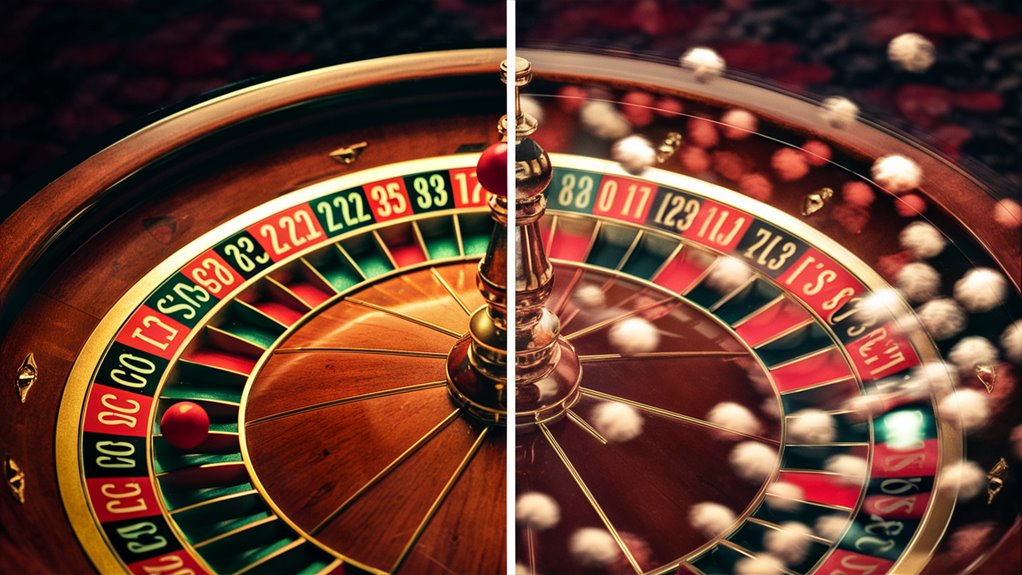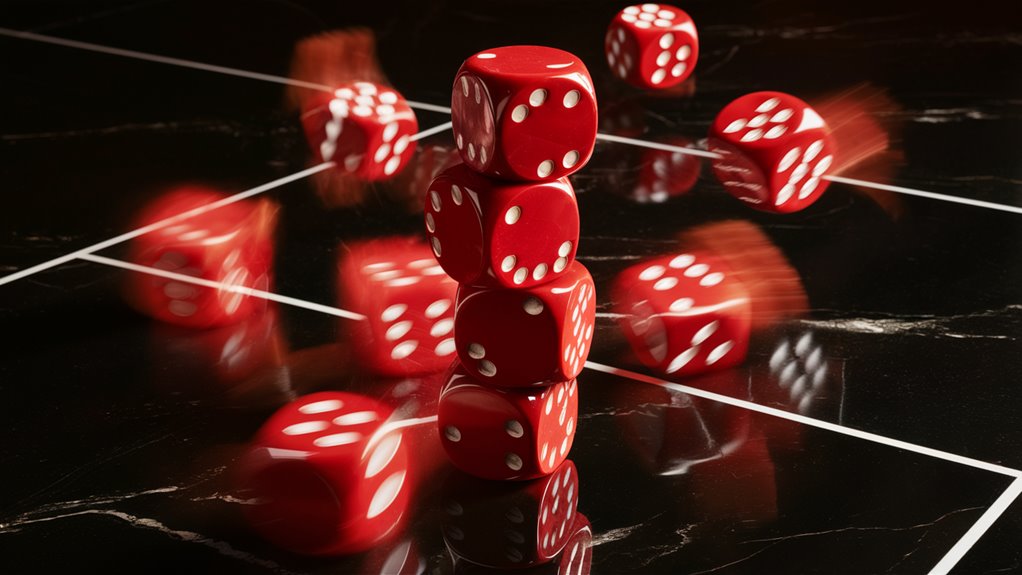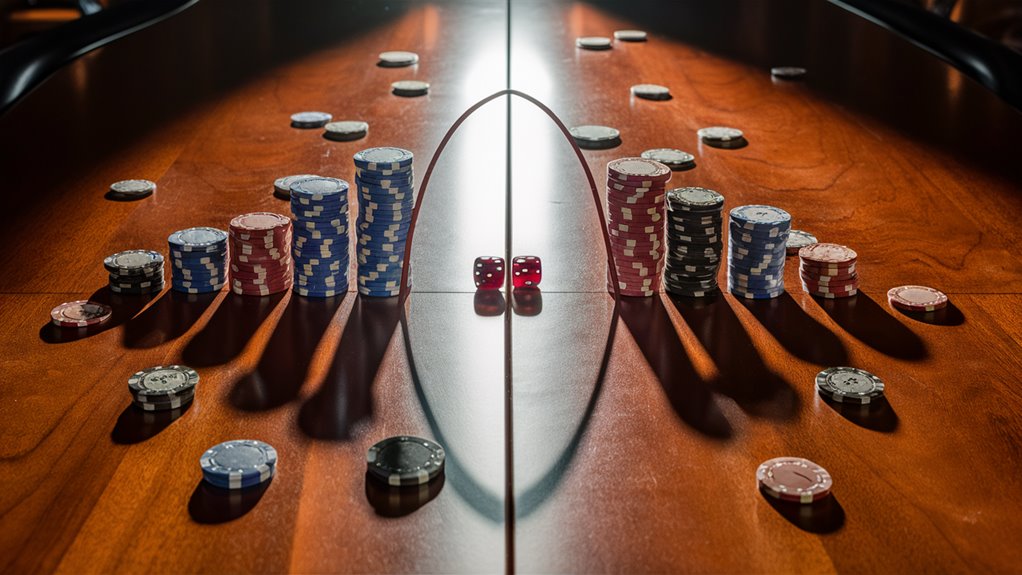How The Law of Averages Works in Gambling: True Math

The Big Mix-up in Betting Odds
The Law of Averages in betting is often not clear to new and old players. Many think that many losses must lead to wins to ‘make things right’ – this bad mix-up is known as the Gambler’s Fallacy.
Math Does Its Own Thing in Gambling
Each bet stands alone, with set odds that do not change, no matter past results. In roulette, for instance, after ten black results, the chance of red is still 48.6%. The wheel does not recall past spins, each spin keeps the same odds. 먹튀검증
Know Real Odds in Casino Games
The math rules in casino play show that old results do not change what will happen next. This main idea of chance theory holds for all kinds of betting:
- Slot machines keep the same odds each spin
- Card games show new odds with each deal
- Dice always hold the same chances
- Roulette odds stay
Don’t Make Costly Bets
By knowing these main chance ideas, players can pick better and skip common betting errors. The real math shows that set bet plans based on past results don’t work.
What is the Law of Averages
Know the Law of Averages: A Full Guide
What Is the Law of Averages?
The law of averages is a widely mixed-up idea in chance theory. Many think results will “fix themselves” over time to match expected chances – a look without math support. Each independent event holds its first odds, no matter what happened before.
Usual Mix-ups and Real Life Shows

The Toss Misbelief
Look at the plain coin toss example: After six heads, many feel tails is more likely next. Yet, the chance is still 50%. The coin doesn’t recall past flips, and former outcomes don’t change future ones.
Betting and Odds
Casino games show this mix-up well. Bettors often think a bad run must end as they are ‘due’ a win. This gambler’s fallacy can cause big losses, as each game keeps its odds no matter what happened before.
Math Fact vs. Usual Belief
The Big Count Rule
While long runs do approach theoretical chances (called the Law of Large Numbers), this math rule doesn’t promise a short-term fix. In games like roulette, a 48% win chance stays the same, no matter the spins before.
Math Stands Alone
Statistical independence means each event stands alone. Whether you play slots, roll dice, or bet on sports, past results don’t affect future odds. The house edge remains firm, making it key to grasp these deep chance ideas. This full chat hopes to make clear the math facts behind the law of averages and stop costly errors based on chance mistakes.
Common Betting Myths and Mix-ups
Clear Up Common Betting Myths and Mix-ups
The “Due” Number Dream
Odds and randomness decide every betting result, yet many players fall for the wrong belief that some results are “due” after a run of the opposite. This deep mix-up of statistical independence leads to poor choices at game tables. Each spin, roll, or hand stands alone – a roulette wheel landing on red eight times does not change the odds of black next. How Casinos Create an Illusion of Control
Bet Plans and House Edge Tales
One of the big betting myths is about plans made to beat the house. Expanding bet plans like the Martingale plan draw players with promises of sure gains. But, math shows no bet pattern can beat the in-built house lead. The casino’s edge remains the same no matter how players change their bets.
The Real Deal on Gaming Machine Patterns
Random number makers (RNGs) handle modern game tools, stopping any chance of sure patterns. The common belief in hot and cold machines remains a myth.






